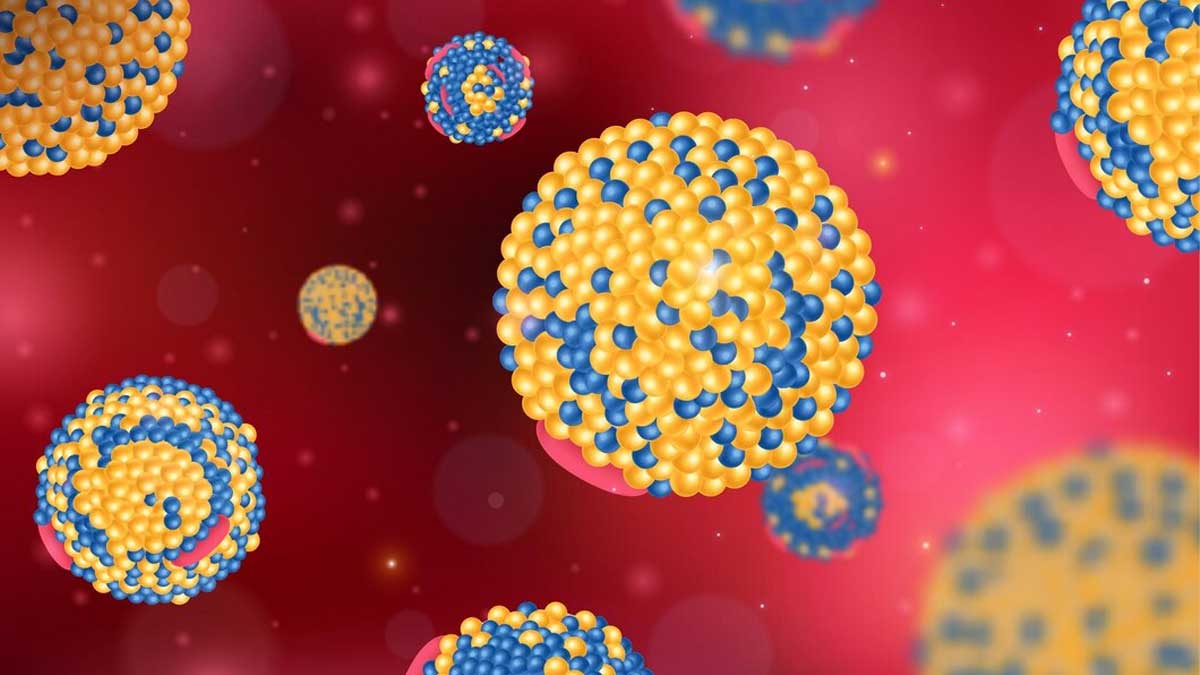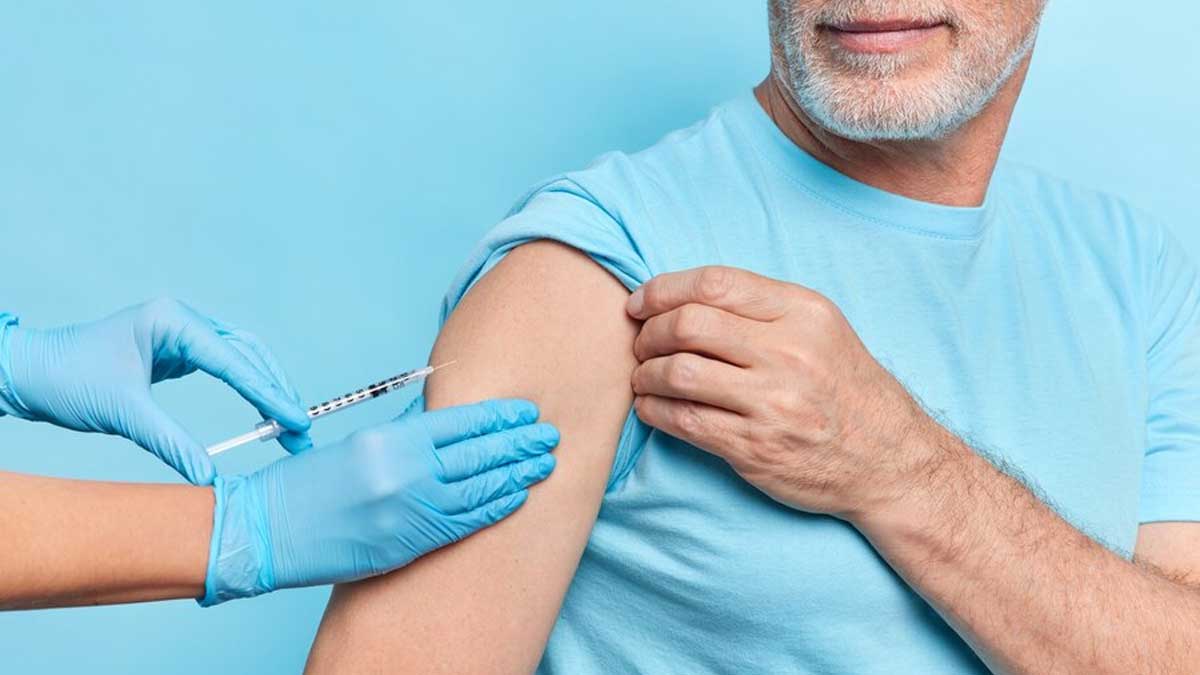
Researchers at the University of New Mexico have developed a new vaccine that could lower 'bad' low-density lipoprotein (LDL) cholesterol, contributing to an inexpensive means to reduce heart disease risk.
Table of Content:-
According to the World Health Organization (WHO), high cholesterol is one of the biggest risk factors for heart disease and stroke. Worldwide, it contributes to a third of ischaemic heart disease, as per the global health body.
The new vaccine, therefore, could revolutionise high cholesterol treatment and become a game changer for heart health.
Also Read: THIS Cholesterol Symptom Could Strike At Night: Other Warning Signs To Note
What Is ‘Bad’ Cholesterol?

Before we delve into the study details, let us first understand what LDL, or bad cholesterol, is.
In an interaction with the OnlyMyHealth team, Dr Jaideep Menon, Consultant, Adult Cardiology, Amrita Hospital, Kochi, explained that cholesterol is a type of fat produced naturally by the liver and found in certain foods.
According to the doctor, it is carried in the blood by lipoproteins, which are made up of proteins and fats. Lipoproteins can be of two types: LDL cholesterol and high-density lipoprotein (HDL), also known as "good" cholesterol.
Dr Menon said, "Having too much LDL cholesterol in the blood can increase the risk of developing heart disease and other cardiovascular problems, while high HDL cholesterol levels may be protective against these conditions. Therefore, it is important to maintain healthy levels of both types of cholesterol in the blood."
How Does The Vaccine Work?
The study published in the journal NPJ Vaccines said that the new vaccine lowered LDL cholesterol almost as effectively as an expensive class of drugs known as PCSK9 inhibitors.
As per the researchers, it uses virus-like particles to target a protein called PCSK9, which normally raises LDL-C (bad cholesterol) levels. This vaccine triggers the body to produce antibodies that block PCSK9, leading to lower LDL-C and potentially less heart disease risk.
Bryce Chackerian, PhD, Regents’ Professor in the Department of Molecular Genetics & Microbiology and lead author of the study, said, “We are interested in trying to develop another approach that would be less expensive and more broadly applicable, not just in the United States but also in places that don't have the resources to afford these very, very expensive therapies."

As per the study, this approach offers a potential alternative to existing cholesterol-lowering medications, like statins, and could benefit people with high LDL-C who don't tolerate or respond well to current treatments.
“In the animals that we vaccinated, we see strong reductions in cholesterol levels – up to 30% – and that is going to be correlated with reduced risk of heart disease," Dr Chackerian said.
According to the doctor, the next step is to find funding to move into vaccine manufacturing and clinical trials with humans.
“Given the fact that so many people have high cholesterol levels, it has been estimated that if everybody went on one of these PCSK9 inhibitor therapies, it would bankrupt the health care system,” Chackerian said.
“We're thinking tens of dollars a dose,” he said, with each dose remaining effective for close to a year. He added, “This is a vaccine that we think can have a global impact. So, not just in the United States, but around the world, where heart disease is a significant problem.”
Also Read: Signs In Your Legs You Shouldn't Ignore: High cholesterol and Peripheral Artery Disease
A Game Changer For Heart Health?

A vaccine that lowers LDL-C has the potential to benefit heart health in several ways.
Elevated LDL cholesterol levels are a major risk factor for atherosclerosis, a condition where fatty deposits build up in the arteries, narrowing them and reducing blood flow. By lowering bad cholesterol, the vaccine can help prevent this buildup, reducing the risk of heart attacks, strokes, and other cardiovascular complications.
Moreover, it can improve the function of blood vessels, allowing blood to flow more freely and reducing the risk of blood clots that can lead to heart attacks or strokes.
Some research suggests that PCSK9, the protein targeted by the vaccine, may also be involved in inflammation and other processes that contribute to heart disease. Lowering PCSK9 may therefore have additional benefits beyond just reducing LDL-C levels.
However, this is still early research, and more studies are needed before this vaccine becomes available for human use.
Also watch this video
Read Next
Expert Shares The Role Of Predictive Cardiology In Improving The Heart Disease Burden In The Country
How we keep this article up to date:
We work with experts and keep a close eye on the latest in health and wellness. Whenever there is a new research or helpful information, we update our articles with accurate and useful advice.
Current Version